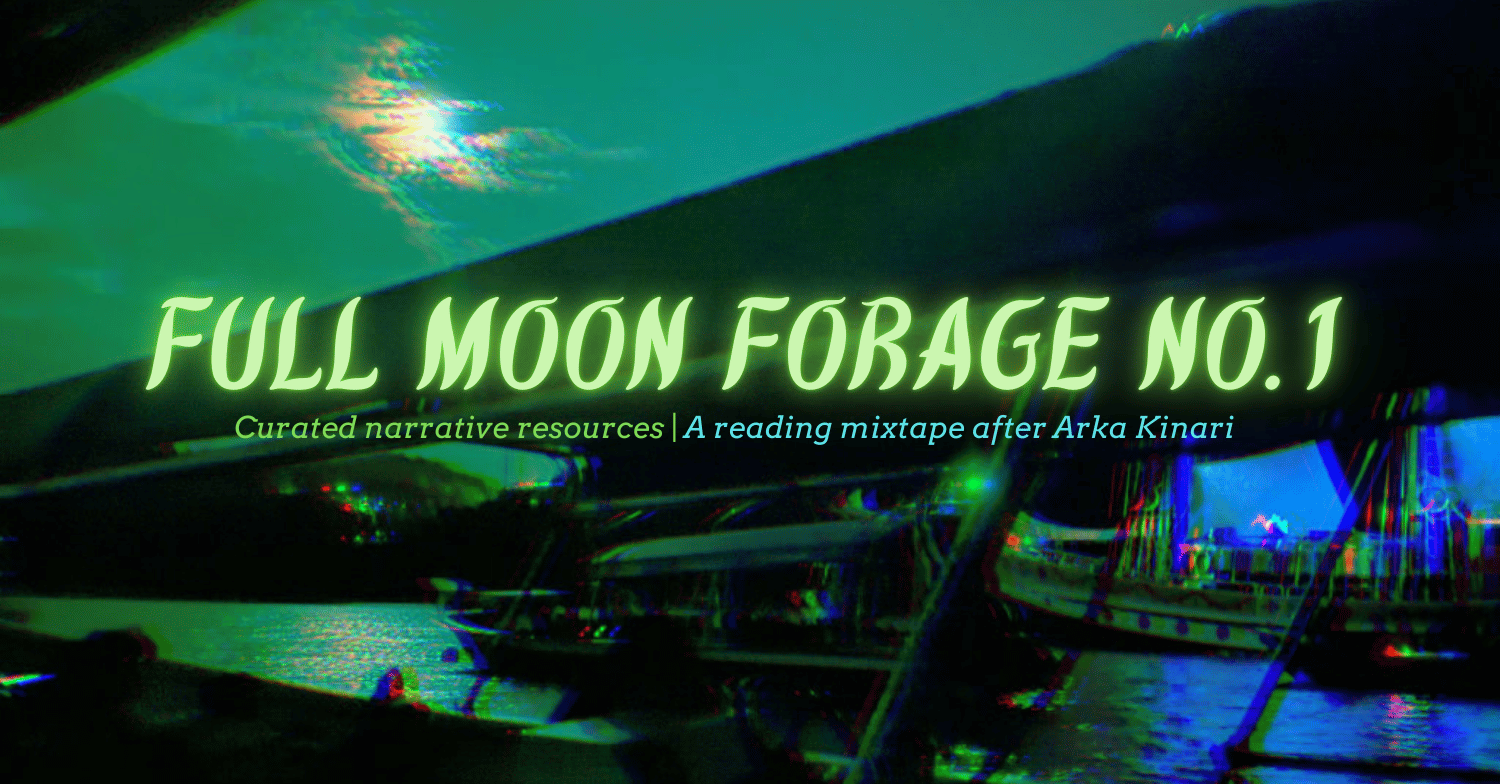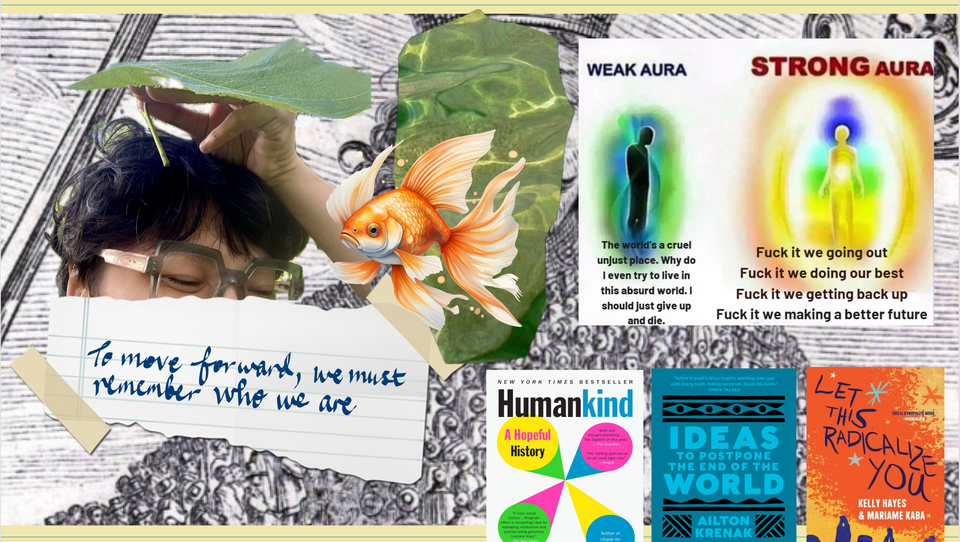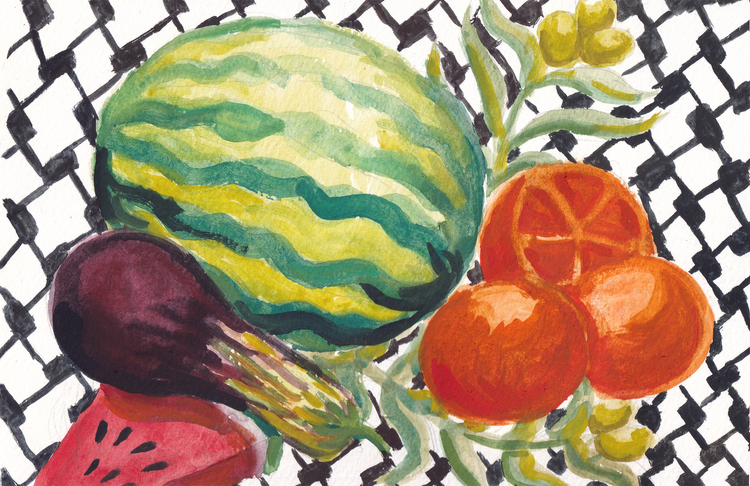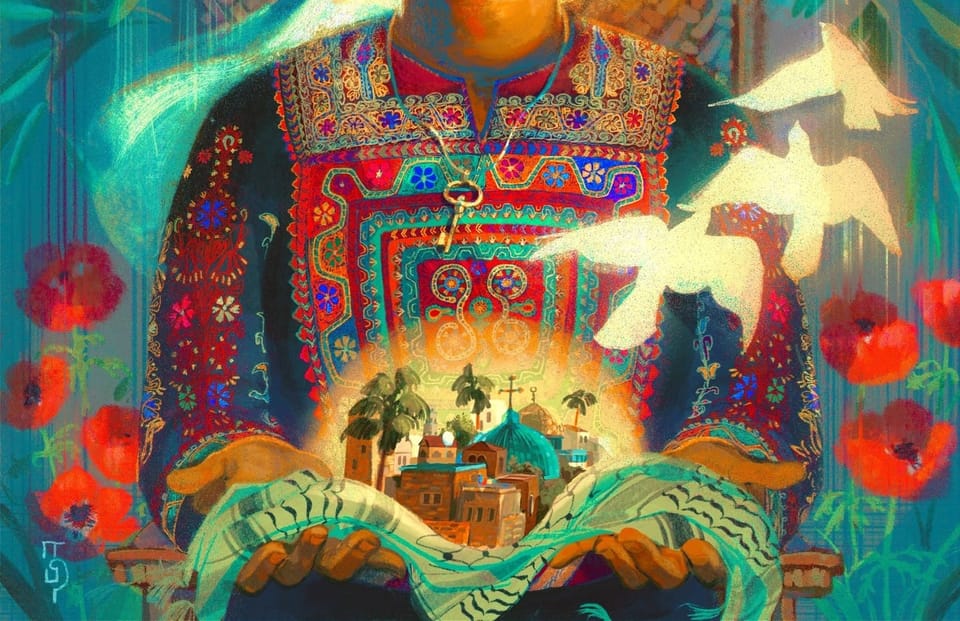Survival of the Fittest: A multi-generational scam
The short(er) story of how a piece of fiction, a 1600s meme, and a colonial sales pitch are elements of one of history's stickiest and doomery marketing campaigns.
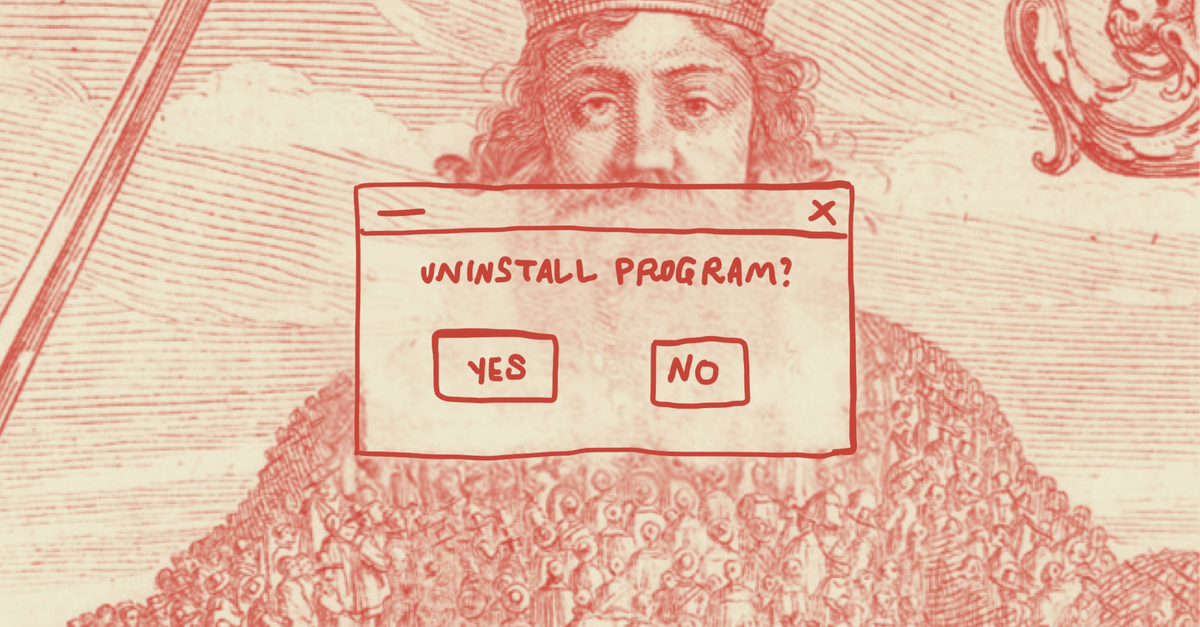
I know you've heard it before: We are innately violent, chaotic, and fragile. It's every man for himself out there. Trust no one. Love only makes you weak. You are all you got when society dissolves into panic at the next disaster. That's because humans at their very core are selfish, competitive, aggressive. Even if we start with a clean slate, our power-hungry nature compels us to ruin it. Basically, the Best and Most Logical thing to do is to accept we're doomed and will never make things better.
So let's talk about how this super 'rational' truth is really a multi-generational lie designed to control you into accepting a bleak, solitary, and brutish world. This is the story of how a piece of fiction, a 1600s meme, and a colonial sales pitch are elements of one of history's stickiest and doomery marketing campaigns.
The main points: 1️⃣ A pessimistic view of humankind is just very successful marketing. 2️⃣ The fiction that 'human nature is innately violent and brutish’ was a scam designed and advanced by a very specific group of people. 3️⃣ The point of the scam is to sustain systems of domination and isolation, to install in you and me the belief that it is ridiculous to believe that humans are wired to come together and care for each other.
- The evil honey, 70+ years ago
- The sea monster, 370+ years ago
- The bestseller, 160+ years ago
- Fake experiments
- To atomise and rule
- An invitation
The evil honey, 70+ years ago
There is a Soft Power Industry, one of Dreams. It is in the business of crafting powerful fantasy images and myths to sell through the envy of others. It asks us to submit to its narrow vision of belonging: "that we transform ourselves, our lives, by buying something more."
Somewhere in early 1950s Britain, a white ex-soldier turned schoolmaster made his offering to that vision. Still obsessed over his experiences in WWII from years ago, he drunkenly wrote raw fiction about violent boys stranded on an island. His 1954 novel Lord of the Flies was celebrated as a 20th century classic. 30 years and 30 language translations later, he was awarded a Nobel Prize in 1983 for his "realistic narrative art" that illuminates "the human condition in the world of today." And so it was that a piece of fiction written by a British Navy soldier was culturally positioned as a social truth since the 1960s.
In an interview he said: "Man produces evil as a bee produces honey."
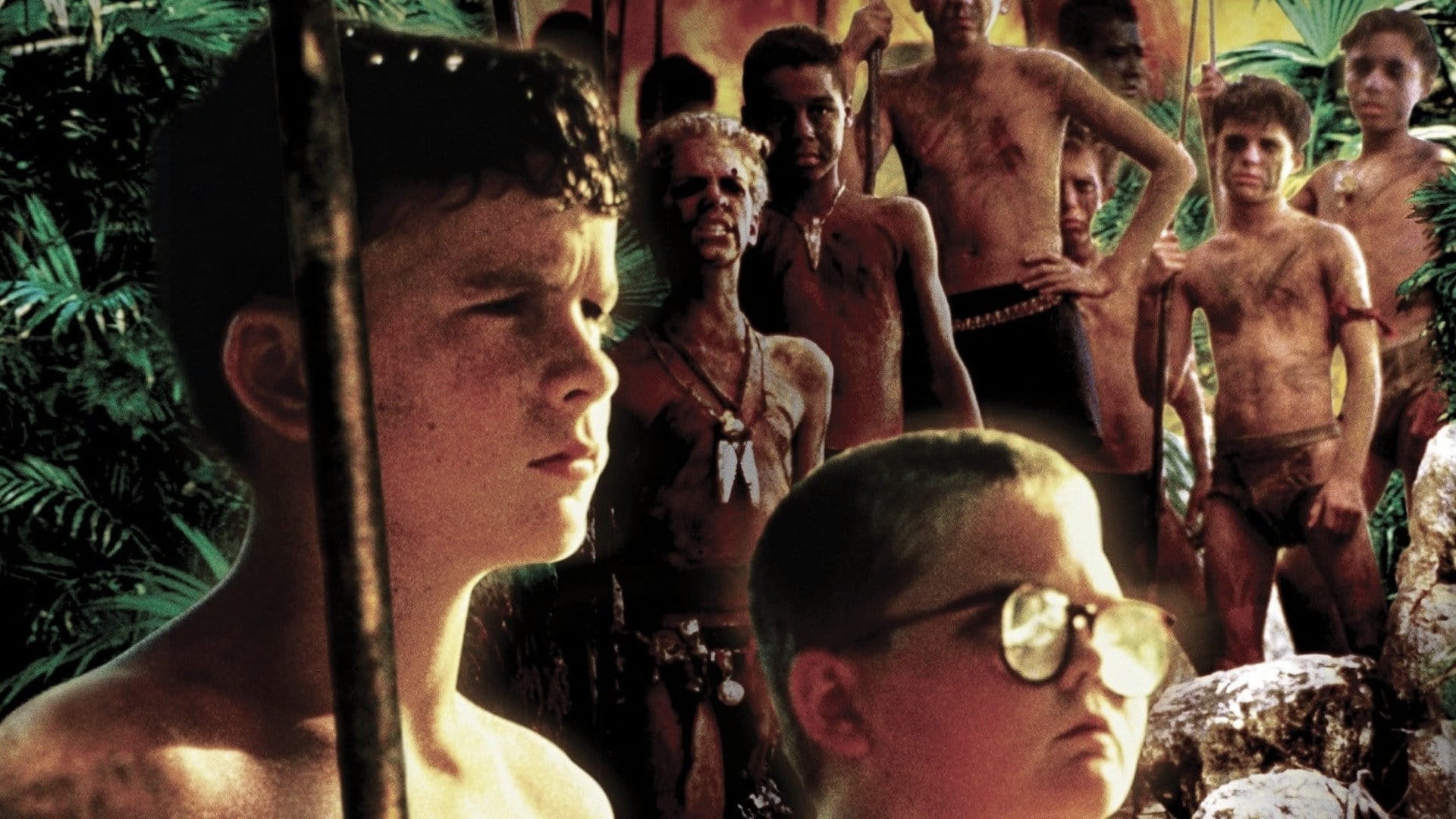
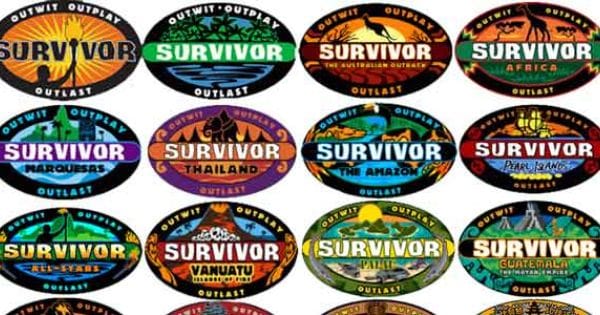
He would often pit his students into groups to fight each other as he wrote the novel. Years later, that manipulative DNA in Lord Of The Flies influenced the rise of reality TV like Survivor and MTV's Real World— even though anyone in reality TV knows that it takes hours of behind-the-scenes design, provocation, and control to bring out minutes of the worst in people. A pessimistic view of humankind is very successful marketing.
The sea monster, 370+ years ago
Lord of the Flies was named after the Abrahamic demon Beezelbub. But the long philosophical tradition takes us back to another entity: the biblical sea monster Leviathan. Thomas Hobbes in the 1600s wrote a piece of social contract theory recommending that we feed our body and soul to one ruler up top who has all the power (I repeat, a sea monster). That is how the people will stay safe!
Hobbes became the first political influencer with strong thumbnail game, depicting a king as a giant made up of people:
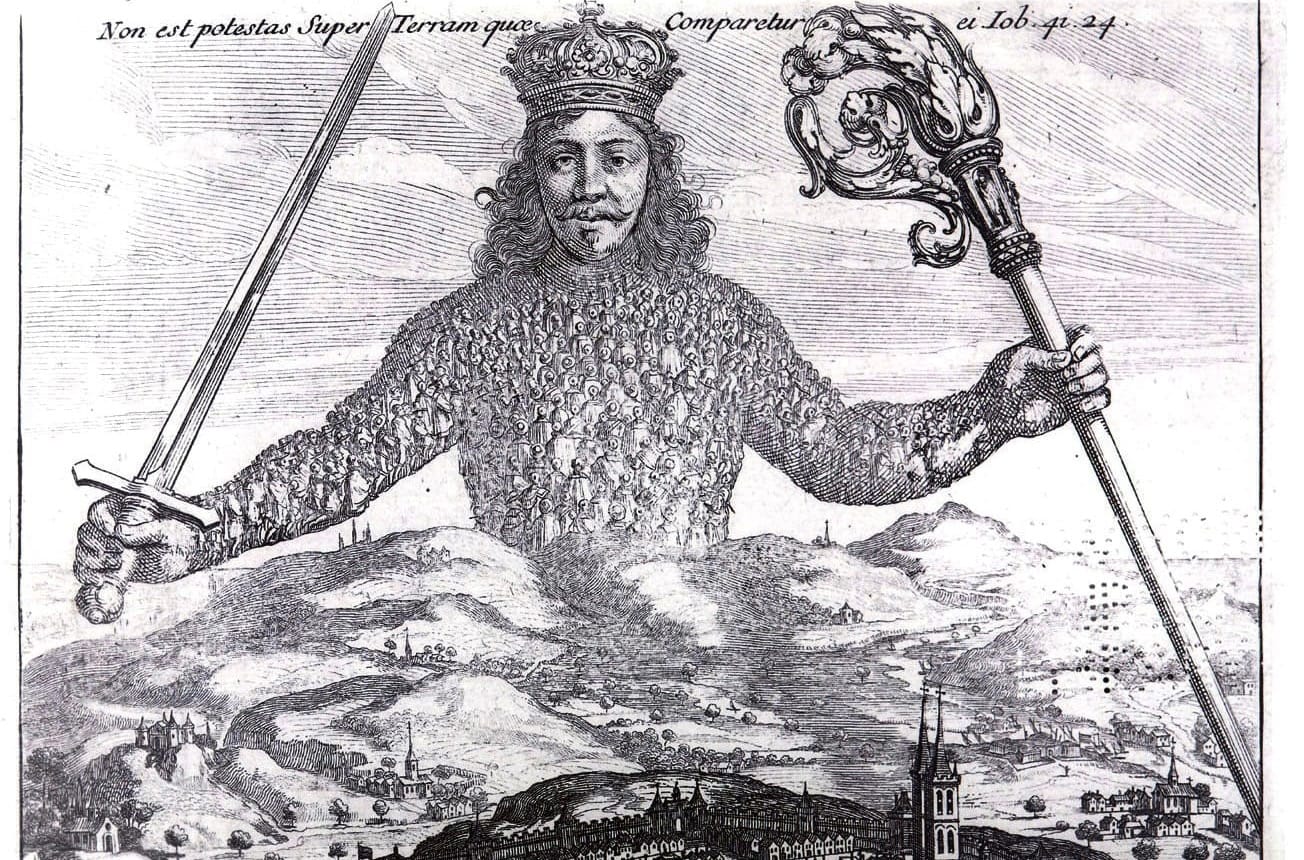
Human life in that state of nature was, in his words, ‘solitary, poor, nasty, brutish, and short’. The reason, he theorised, was simple. Human beings are driven by fear. Fear of the other. Fear of death. We long for safety and have ‘a perpetual and restless desire of power after power, that ceaseth only in death’. The result? According to Hobbes, ‘a condition of war of all against all.’ Bellum omnium in omnes. But don’t worry, he assured us. Anarchy can be tamed and peace established – if we all just agree to relinquish our liberty. To put ourselves, body and soul, into the hands of a solitary sovereign. He named this absolute ruler after a biblical sea monster: the Leviathan. — Rutger Bregman, 2019
The case he made in Leviathan was that society can be preserved if everyone put their support in one absolute ruler. Hobbes offered the basic rationale, a philosophy download that would be repeated by directors, dictators, and generals ever since: GIVE US POWER, OR ALL IS LOST.
We know communities have always existed, but when did we start living 'in a society'? Nathan Rochelle Duford explains that it was in the European Enlightenment (the time of Hobbes) that both created and analysed the modern idea of "society" and the social being. That one European idea of society came to dominate how we saw each other: that a cynical competitive friction is the thing that connects us all:
Yet it was not just any conception of sociality that interested the Enlightenment scholars; rather, it was sociality generated by commercial society, and a sociality that simultaneously centered cooperation and competition. The concept of society captured in the Enlightenment is in many ways a cynical, painful, and frustrating endeavor far removed from utopian thought at the time. In fact, Enlightenment theorists often argued that it was just this social friction that bonded society together: not the force of our love, affection, or tenderness for each other, but a cynical desire to best another, to extract wealth or resources, or to gain power and prestige. — Nathan Rochelle DuFord, 2022
The narrative of humankind as competitive is a product of European colonialism. As Arun Kundnani describes it: "Competition is the engine of progress, and any attempts to impede it threaten the forward march of human development." If you believe that humans grow through competition, then you would have to subscribe to the 'natural' consequence that all 'primitive' cultures will progress towards civilisation by assimilating the universal West. You would say something like "that's just Survival of The Fittest, isn't it?"
The bestseller, 160+ years ago
In the 1800s, Herbert Spencer sold hundreds of thousands of books to racists that mainstreamed the idea: like wouldn't it be great if we embrace life as one great battle of "man against man" and "nation against nation" so that nature (lol) could cleanse the world of the poor and make room for better?
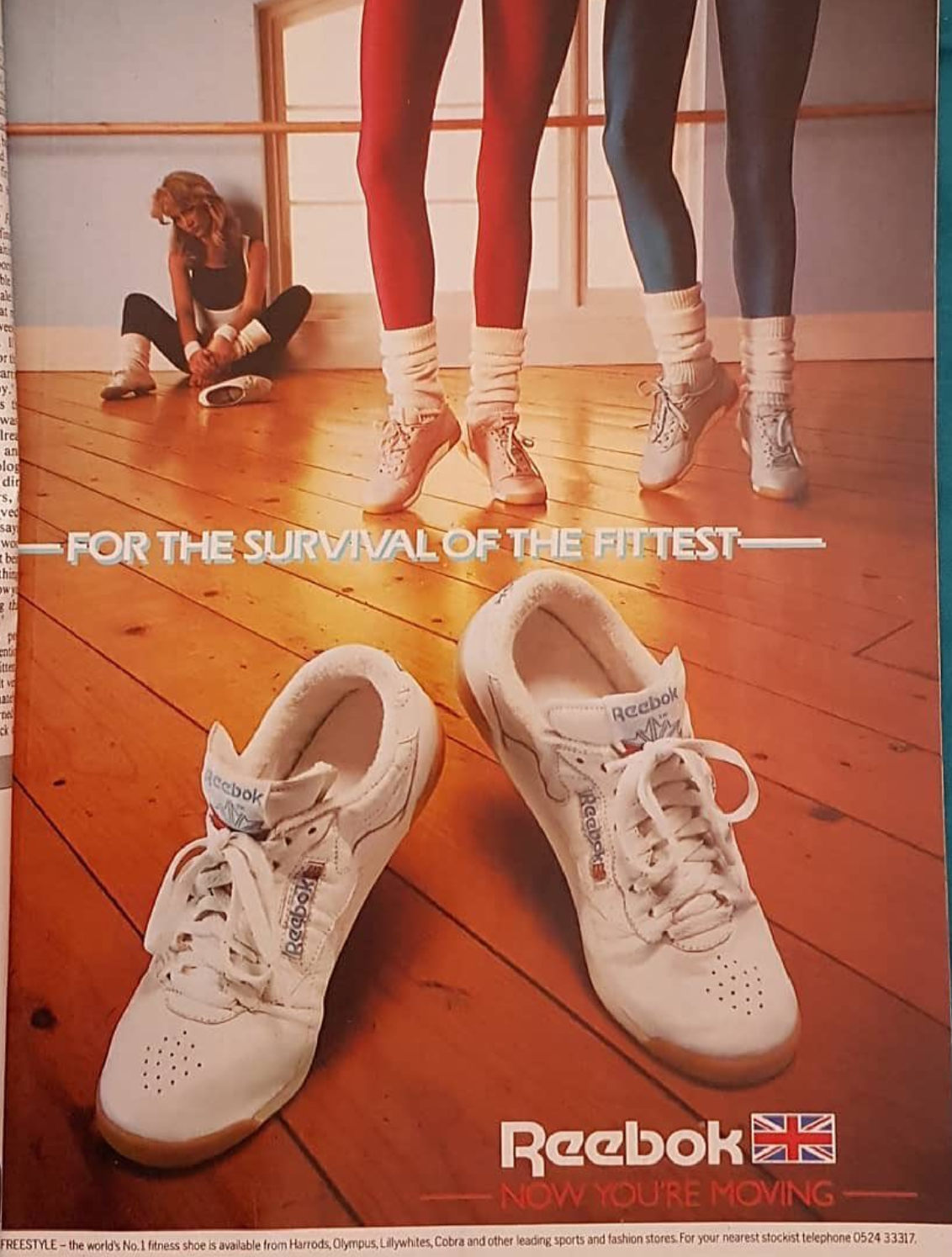
Survival of the Fittest is one of the Western canon's greatest hits. It was even the basis of placing reason over faith in the Enlightenment. European imperialists used Survival of The Fittest to justify colonial expansion, calling their domination of others natural because of white supremacy.
Fake experiments
Across time, in parallel to the doomers who have always been there, the fake human nature narrative was also repackaged to us as scientific 'experiments', control fantasies built on the same kind of manipulation and effort that went into producing reality TV. Rutger Bregman debunked a bunch of these frauds in his 2019 book Humankind: A Hopeful History. Jared Diamond's tale of Easter Island. Philip Zimbardo and his Stanford Prison hoax. Stanley Milgram and his shock machine. Muzafer Sherif's Robbers Cave 'Experiment.' Richard Dawkins and his selfish genes.
Attempt after attempt to continue selling us the myth that we evolved to be brutal, when the reality is that we evolved ourselves into the equivalent of cute dogs compared to their sharper ancestors.
To atomise and rule
What purpose does this myth serve? Consider how powerful the social superpower of our species is. If you were a power-hungry sea monster who knew that organised citizens will absolutely achieve pretty much anything they wanted to if they worked together, wouldn't you try to divide and conquer them to prevent that threat to your absolute rule?
As individual consumers, we can do almost nothing to change social or environmental outcomes. But as citizens, combining effectively with others to form political movements, there is almost nothing we cannot do. Those who govern on behalf of the rich have an incentive to persuade us that we are alone in our struggle for survival and that any attempts to solve our problems collectively—through trade unions, protest movements, or even the mutual obligations of society—are illegitimate or even immoral. The strategy of political leaders such as Thatcher and Reagan was to atomize and rule. — Monbiot and Hutchison, 2024
Friend, let's uninstall this colonial program.
It was a tale cultivated by unhappy paranoids projecting on the world, forced onto the world by greedy racists, and is legitimised today by those who forget basic facts about ourselves (or want us to). The purpose was always control.
To follow this piece, I wrote about how part of moving away from feeling powerless is to remember who we really are.
You could also watch this (from my new favourite TV show):

References
For full notes / sources, see the reference channel: are.na/liy/fake-human-nature-fantasy
